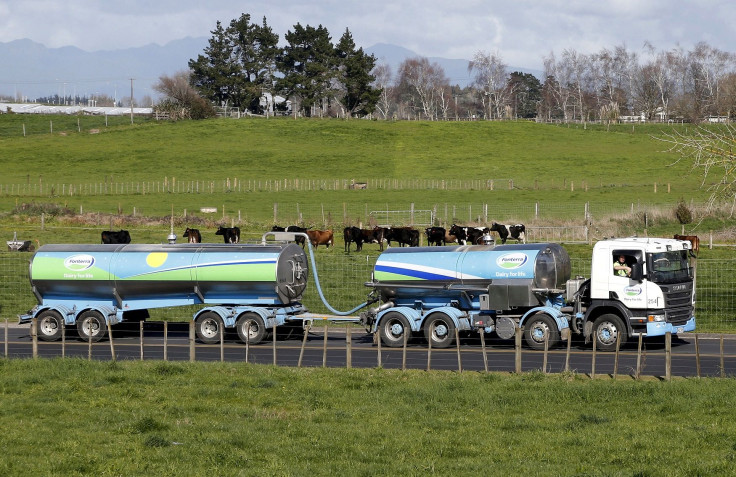Murray Goulburn announces milk prices; Fonterra positioned as price setter

Fonterra positioned itself to become the benchmark price setter in Australia after Australian dairy co-operative Murray Goulburn’s move to set its opening milk price for this season fell short of its New Zealand rival. The latter released a statement on Tuesday morning, saying it would start the season with $4.70 kgms as its opening farmgate milk price.
By the end of 2017-18, Murray Goulburn expects to pay suppliers $5.20 to $5.40 per kilogram of milk solids (kgms). Meanwhile, Fonterra, announced it is looking to pay farmers $5.30 to $5.70 kgms for the same financial year.
Fonterra offered to add 40c kgms to its milk prices, but it will not axe its repayment program. Murray Goulburn, on the other hand, offered to pay back farmers the money it demanded in retrospective payments.
Survival of the fittest
Murray Goulburn has undergone a huge restructuring. It closed three of its milk processing plants and shed some staff in order to cut down cost. It announced last month it would close manufacturing facilities in Rochester and Kiewa in northern Victoria and Edith Creek in northern Tasmania.
Chief executive Ari Mervis said a review is an essential step in strengthening the company in the future. In a statement to the ASX, he explained that the decisions resulting from the manufacturing footprint review and the announcement of three site closures are necessary.
Mervis also revealed the company would review its capital structure. Murray Goulburn is expected to take a keen look at its capital structure, including the "profit sharing mechanism.”
Mervis recognised some recovery in global commodity prices since the same time last year. However, he stressed that the prices of whole milk powder, specifically skim milk powder, is still under 10-year averages.
John Hunt, spokesperson for South Australian dairy farmers, said the MG opening price was disappointing. “We're very disappointed with what they've come out with after all the signals that we've been hearing about,” ABC quotes him as saying. He added that some local companies have come out higher, and that they are monitoring the GDP.
Hunt argued that an opening of $4.70 and a closing of 5.20-40 means a lot of pressure when it comes to people's cash flows. He went on to share that his expenses rose to an average 25 percent in the past four years as prices of basic needs go up. “The price of power, everything, goes through the roof," he said.
Read More:
Coles says food and grocery prices must come down further
Australia's lowest paid workers to get pay rise of $22.20 per week from July 1
Schneider-Electric/YouTube





















